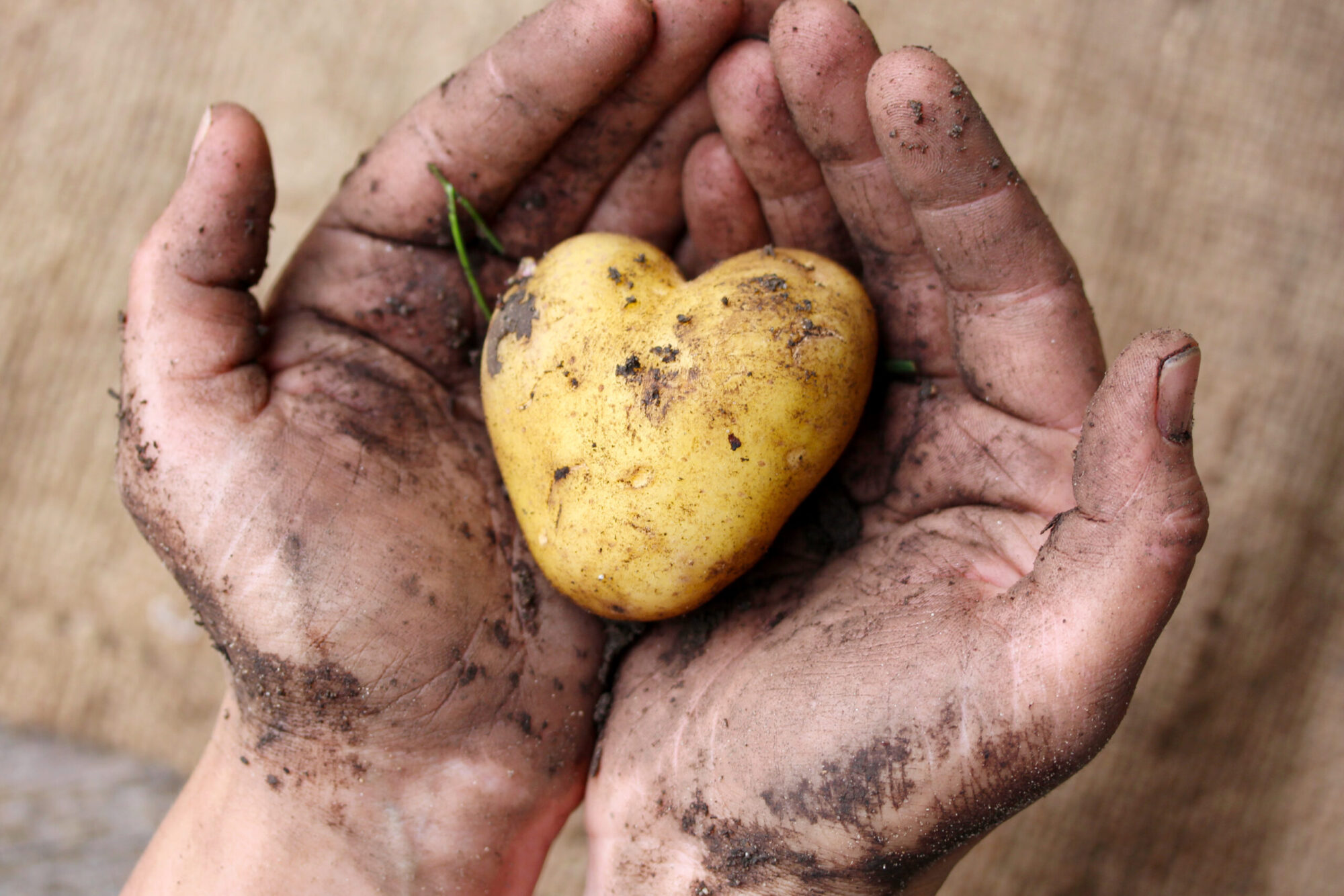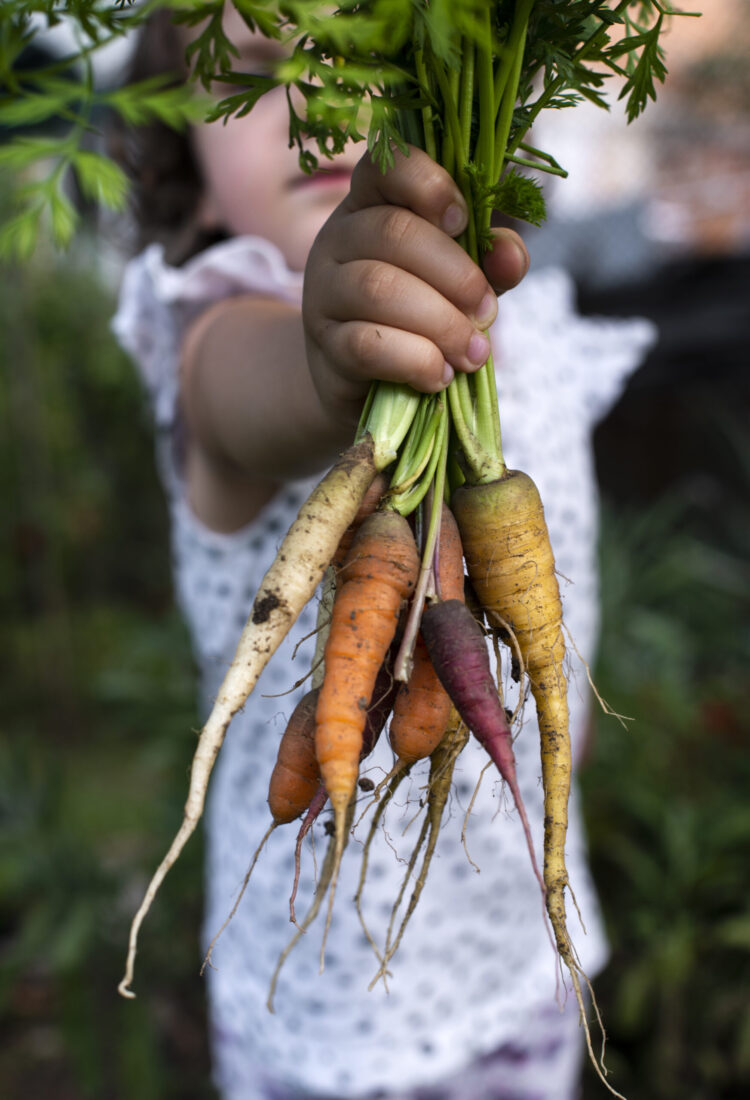
The relationship between our environment and our health, particularly with respect to food, is something that has been getting increased attention over the last number of years. That our food choices can have such a profound positive impact on our health, particularly with respect to the chronic diseases we see on a daily basis, to also to have such potential to not only slow the destruction of our planet but also regenerate it, is almost a daily news story. In a world distorted by social media, this wonderful symmetry of sustainable diets for human and planetary health is compelling.
The cheap, bountiful, colourful and otherwise perfect fruit and vegetables our supermarkets greet us with on our weekly shop, are generally on the first aisle and often discounted just to get us in the door. However, there are hidden and externalised upstream costs for all of this cheap and perfect produce that is having a profound downstream cost on our health and our environment. While the obesity epidemic is complex and multifactorial, one of the most interesting aspects of it is how the major food companies can hack our emotions, our vulnerabilities and our pockets to convince us to eat less of what we know is good for us and more of what we know isn’t. Think of the gauntlet that is now called paying-for-your-petrol. You are literally caged in by rows of cheap chocolate before paying, generally at the end of a long day when you are tired, emotional and easily tempted. Long before Cambridge Analytica and social media giants were nudging us who to like, what to watch, and even who to vote for, food companies have been the invisible hand putting that bag of crisps, chocolate bar, or ready meals in our baskets. Despite knowing that food is the major driver of obesity, diabetes and heart disease, making the right dietary food choice has never been harder.
While cancer therapies are always improving, albeit marginally, we spend very little of our time talking about preventative health, despite obesity now being second only to tobacco as the top risk factor for cancer. While diet has now outstripped tobacco as the number one driver of death and disability worldwide, it is absent from our medical curriculums, our medical meetings, and crucially our consultations. The pill for an ill model of healthcare is the international norm, however just like the shiny supermarkets, it lives in a fictitious world of limitless supply and negligible waste.

As our planet is now unable to meet our insatiable consumptive appetite, we face ecological bankruptcy. We need a global reset as to what the true price of clean water, safe and nutritious food, and good health is. Ireland has a blossoming organic farming sector, and they need our support now more than ever. With global pandemics and increasing temperatures, who knows when we will come to wholly rely on our own homegrown produce? Whilst a weekly shop of Irish organic fruit and vegetables may be a little more expensive, it is much reflective of their actual price. Growing up my heroes were always footballers or rock stars, now they are climate activists and of course our local organic farmers.